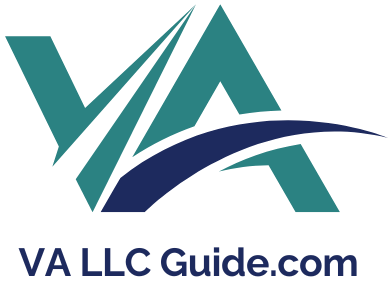*This post is for informational purposes only and does not constitute legal advice. Additionally, some links in this guide may be affiliate links. For more details, visit our disclaimer page.
Forming an LLC in Virginia is a big step toward running a legitimate business, but in many cases, an LLC alone isn’t enough to legally operate. Depending on your location and industry, you may also need a business license or specific permits. Understanding these requirements can help you avoid penalties and ensure your business is fully compliant.
*Expand each section below to learn more.
Final Thoughts
While not all Virginia LLCs need a business license, many do, depending on where they operate and what type of business they run. Checking local requirements ensures your LLC stays legally compliant and avoids fines. If your business requires a sales tax permit, professional license, or zoning approval, handling these steps early will prevent roadblocks down the line.
Taking the time to verify local and industry-specific licensing requirements ensures you can operate legally and confidently in Virginia.
